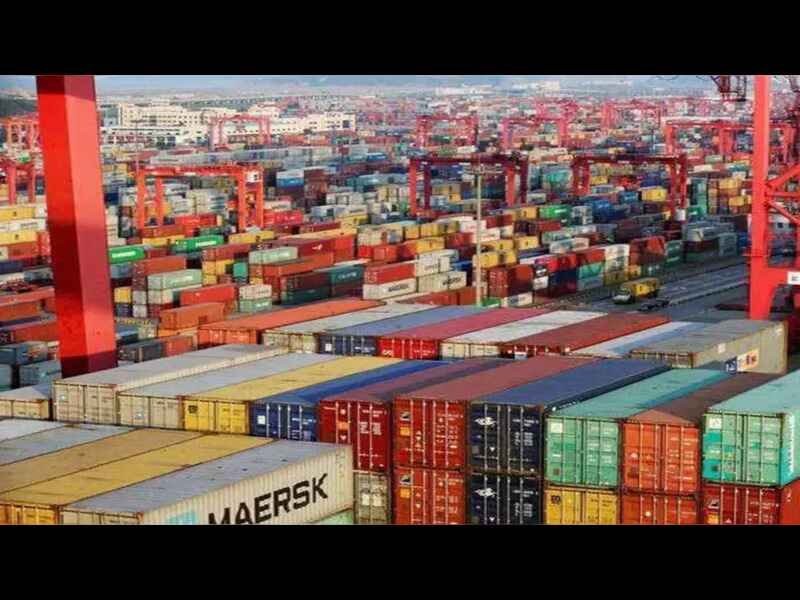A recent study by the Global Trade Research Initiative (GTRI) has revealed that the Remission of Duties and Taxes on Exported Products (RoDTEP) scheme, which provides tax refunds to exporters, may lead to overcompensation for import intensive exports from SEZs. The study also suggests that the scheme may boost the competitiveness and profitability of SEZ units, especially in sectors such as textiles, leather, chemicals, and engineering.
Introduction to the RoDTEP scheme
The RoDTEP scheme was announced by the government in August 2021, with the aim of refunding various central and state duties, taxes, and levies imposed on input products that are not rebated under any other scheme. The scheme covers 8,555 products such as marine goods, yarn and dairy items, with rates ranging from 0.3 per cent to 4.3 per cent.
However, the scheme initially excluded exports from SEZs and EOUs, along with other categories such as exports under Advance Authorisation, re-exported imported goods, restricted export or import products, and supplies from Domestic Tariff Areas (DTAs) to SEZ/Free Trade and Warehousing Zones (FTWZ) units.
Inclusion of SEZs and EOUs in the RoDTEP scheme
The exclusion of SEZs and EOUs from the scheme sparked protests from the industry, which demanded their inclusion in the scheme. The commerce ministry decided to extend the RoDTEP scheme benefits to SEZ units in February 2024, after rolling out the ICEGATE system in SEZs. The ICEGATE system is a national portal of Indian Customs that provides e-filing services to the trade, cargo carriers and other trading partners electronically.
The extension of the RoDTEP scheme to SEZs is expected to benefit the units in terms of reducing their tax burden and enhancing their export competitiveness. According to the GTRI study, the RoDTEP scheme may increase the effective protection rate (EPR) of SEZ units by 1.2 percentage points on average, and by 2.6 percentage points for import intensive sectors. The EPR is a measure of the net effect of tariffs and subsidies on domestic producers.
Impact of the scheme on SEZs
The study also estimates that the RoDTEP scheme may increase the profitability of SEZ units by 8.7 per cent on average, and by 18.5 per cent for import intensive sectors. The profitability is measured by the ratio of value added to sales. The study further suggests that the RoDTEP scheme may improve the export performance of SEZ units by 6.5 per cent on average, and by 14 per cent for import intensive sectors. The export performance is measured by the ratio of exports to sales.
The study also provides some data on the exports from SEZs in India for the financial year 2020-21. According to the data, SEZs contributed about 17 per cent of India’s total exports, amounting to about 7 trillion rupees (about 95 billion U.S. dollars). The top three export destinations for SEZs were United States (23 per cent), United Arab Emirates (10 per cent), and Singapore (7 per cent). The top three sectors for SEZ exports were services (43 per cent), petroleum products (16 per cent), and electronic items (11 per cent).
Challenges and risks of the RoDTEP scheme
The GTRI study concludes that the RoDTEP scheme may have a positive impact on SEZ units, but also cautions that it may lead to overcompensation for some sectors that have high import content in their exports. The study recommends that the government should monitor the implementation of the scheme and ensure that it does not violate the World Trade Organization (WTO) rules on subsidies.
Recent Blog : VinFast Secures 400 Acres in Thoothukudi for EV Plant
